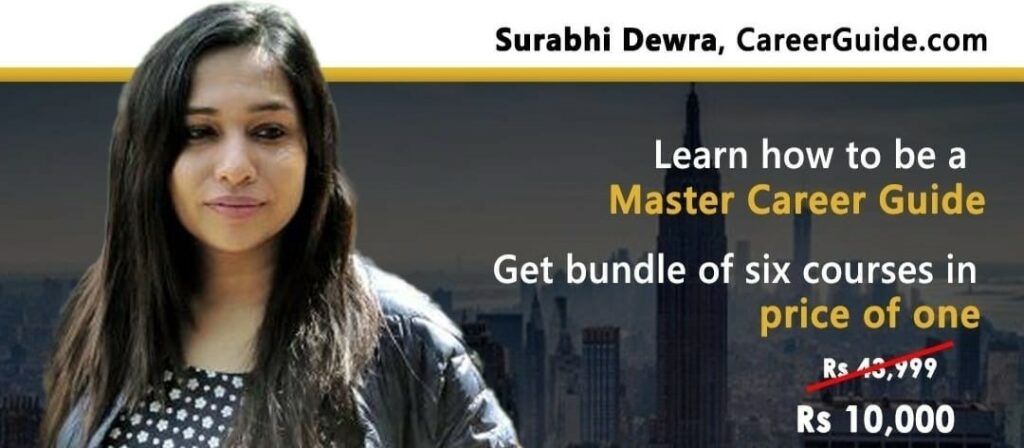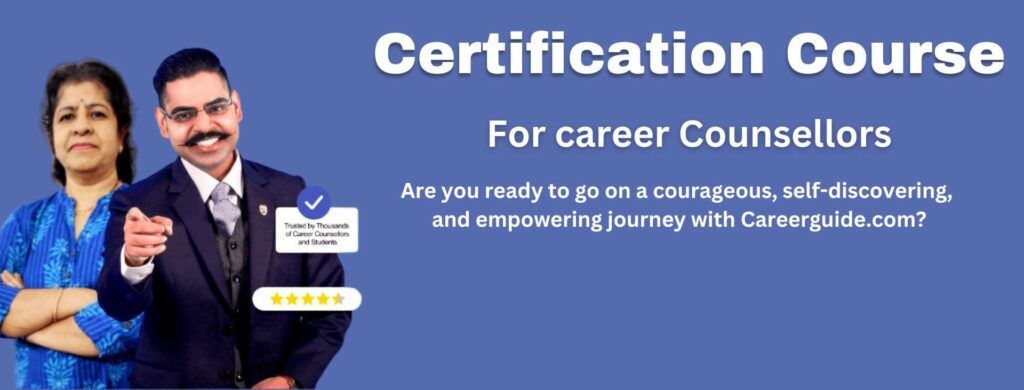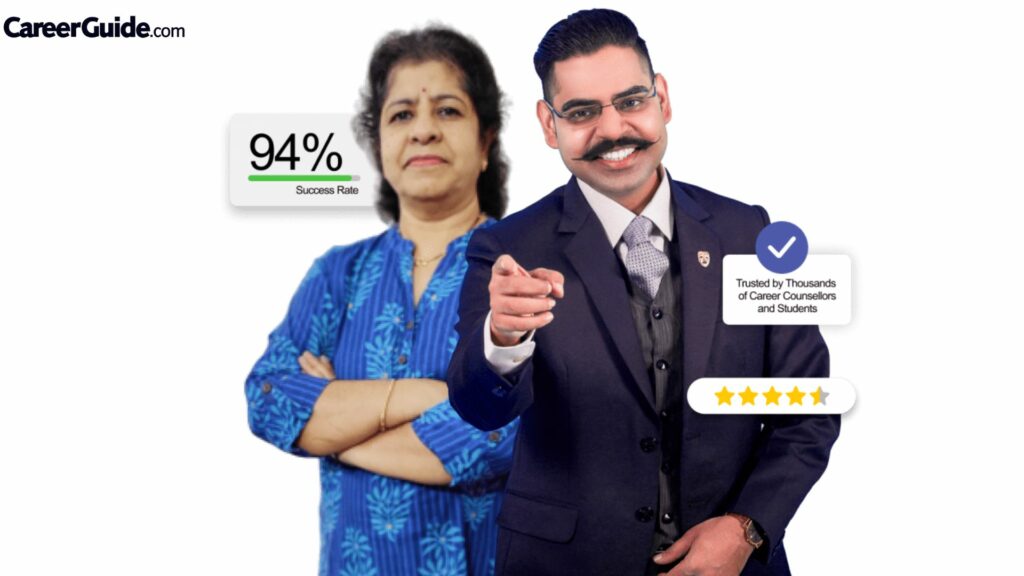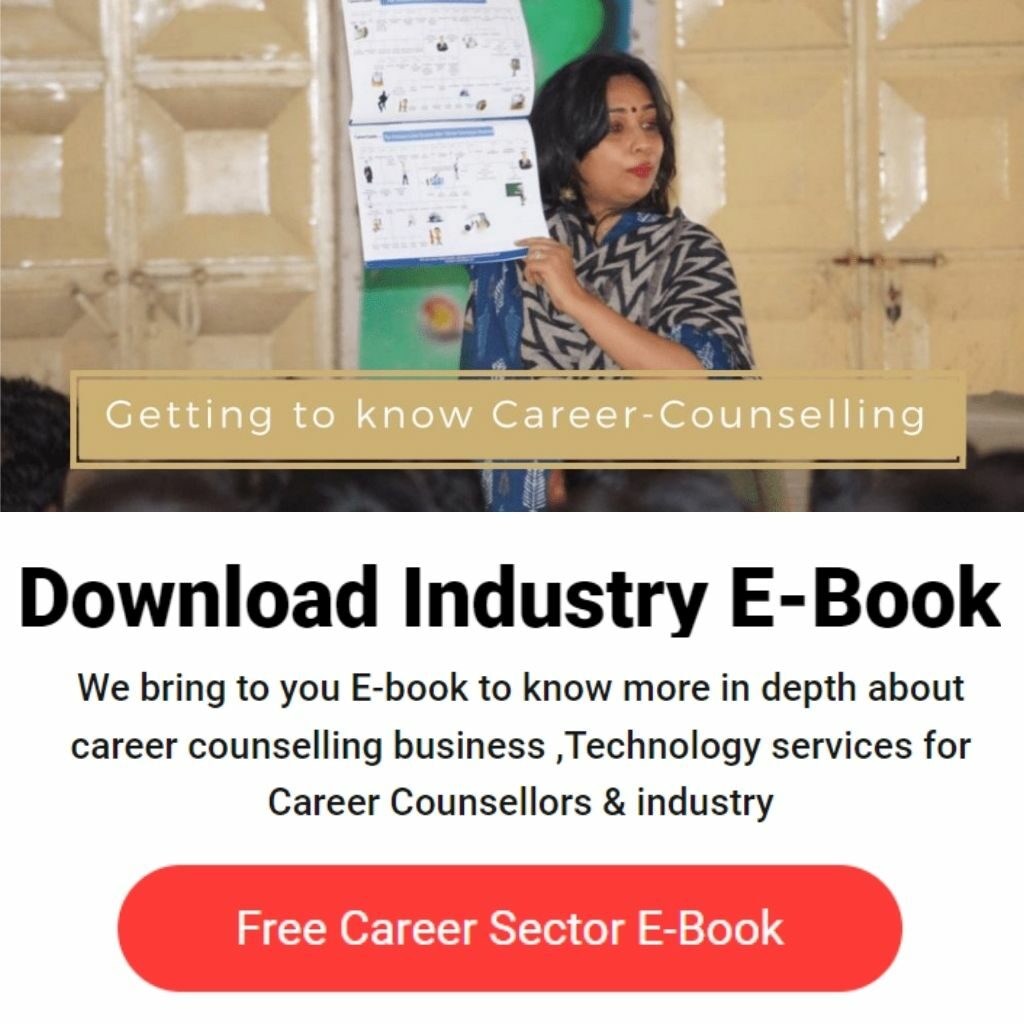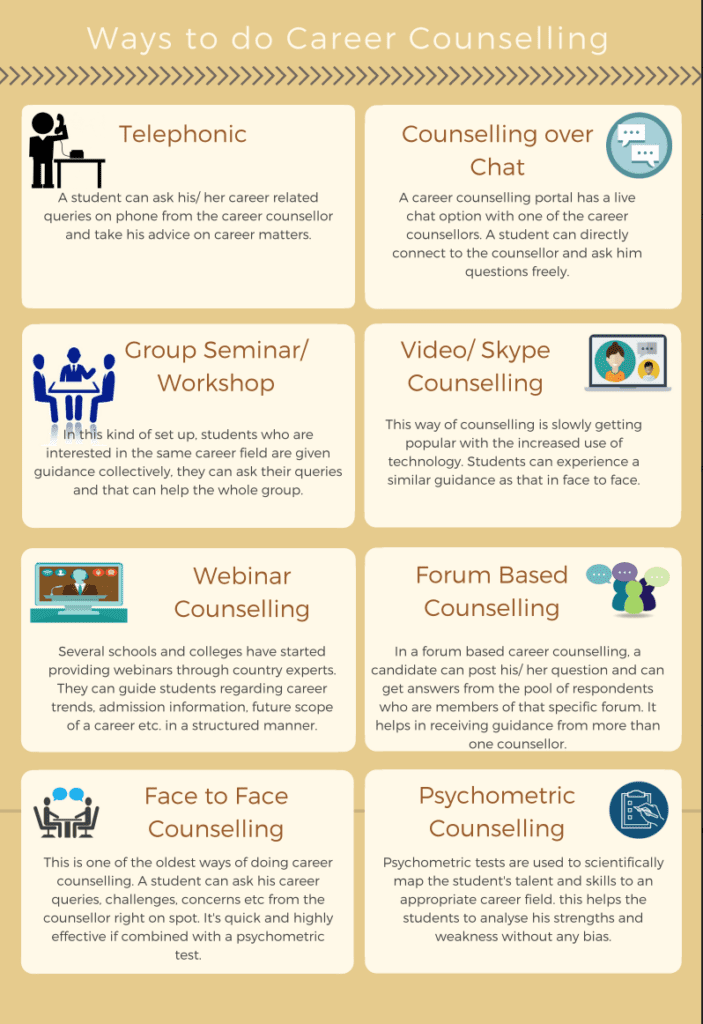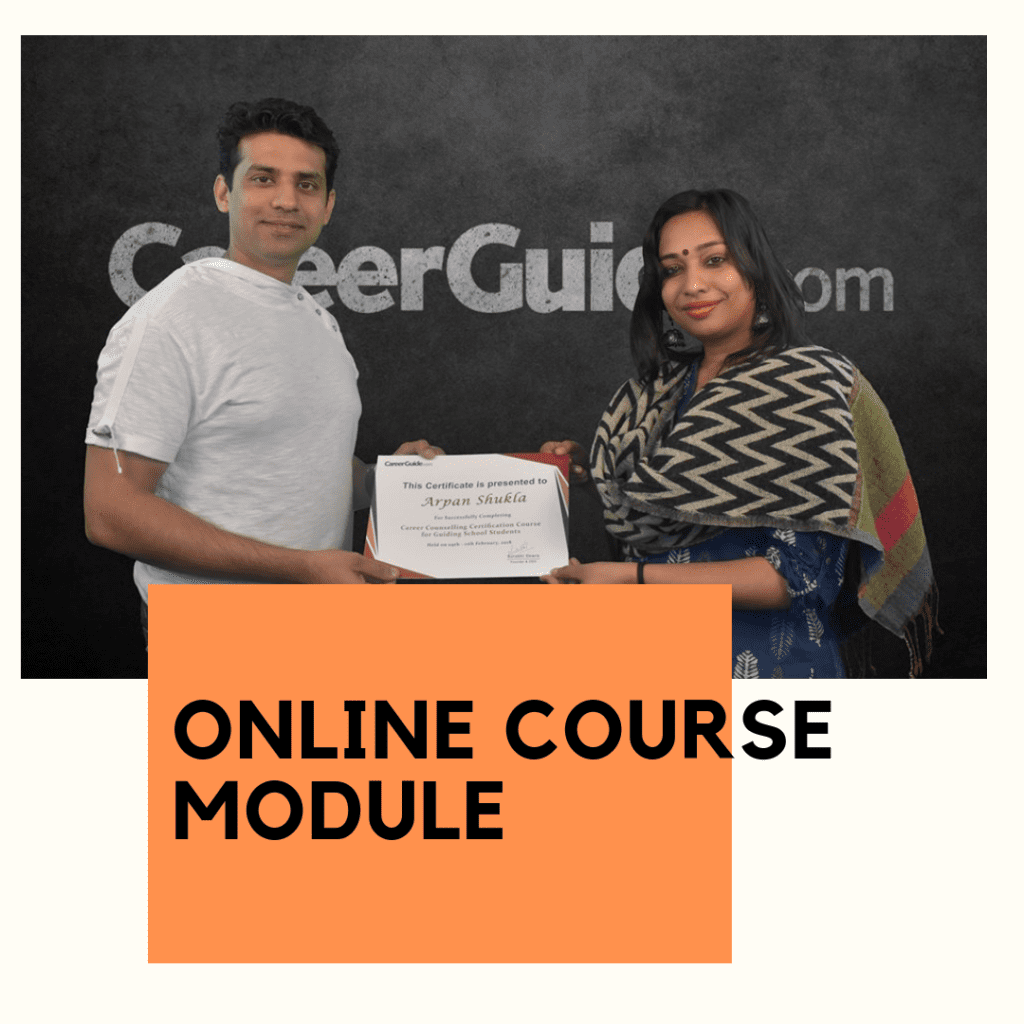As a professional career counsellor, your job can be an exciting one. You get to meet new people frequently that ensures no mundanity creeps in. You also get to revel in the knowledge that you are the guiding factor in your client’s career decisions. Here is an article on Challenges In Becoming A Career Counsellor.
Table of Contents
Types Of Career Counselling
As a professional career counsellor, you could say that your client-base is divided into Students and Professionals. Students are perhaps the easiest and also, most vulnerable of the lot. They are at the threshold of adult life. They hope that you would be able to help them in every career-related quandary. Career counselling for students includes not only that but acting as their guiding hand into adulthood and professionalism.
Non-students are those groups who has all the stay-at-home clients, who have completed their education. They now wish to return to a career with improvised goals. What goals would they have, that they have come to you, as a career guide to help achieve? It can be as follows
- How to start working part-time, or earning to fulfil a certain career objective (monetary or otherwise) in the future
- A person’s needs to now foray into a career that agrees with his / her interests, rather than mere financial goals.
After having spent considerable time in a career, probably since finishing education, they are now at a crossroads. This can be because they feel:
- That their present job profile does satisfy them creatively
- They feel unappreciated at their present workplace
- Counsellors are looking at a ‘career jump’
- They wish to expand their skill-set and venture into a related industry.
- They feel ‘stuck’ i.e. they are unhappy with the growth path that their job offers but wish to stay in the same industry.
So, what are the challenges of becoming a career counsellor? Let’s list the most commonly found ones down
- Trust
- Resistance by the subject
- Limitations in terms of resources
- Mismatch in expectations
Trust Issues
Career counselling requires personal and professional information on the subject. Some would call it a heart-to-heart conversation, telling you, as the career counsellor, his /her:
- Educational qualification
- Present financial status can also be hinted at
- Personal expectations
- Where the client envisions him/herself professionally after 5 years
- Where the client envisions him/herself personally after 5 years
As is evident, this very much implies that the “counsellee” has to trust you like an intimate, old friend, rather than a mere career guide. Once you strike that rapport, half the battle is won, you might say!
The counsellee resisting can be the most difficult part to get around. What happens if even after all the trust-building exercises (that we will be touched upon later), the client refuses to let you into his personal life? Let us understand that the job of a career counsellor is in no way, that of a personal therapist or maybe, even a ‘shrink’! However, when the counsellee hints at personal constraints, you get thrown into his/her personal life.
Resistance By The Subject
Your job would then take you into details about personal finance, family issues, and individual goals and expectations. Now this applies to both education as well as professional career counselling. As a career counsellor, you are treading a delicate line. You have to dive into the client’s personal life, without triggering withdrawal on the subject’s part. For it is then, that the client starts resisting.
The part where we spoke of financial constraints or time constraints would come into the picture here. Let us suppose, that your client, Jack, is a teacher. He has always had a dream of his own company that would assist farmers with the latest technology. Now, to get his start-up off the ground, he would require capital, knowledge and time. He informs that he cannot immediately quit his job. He also needs money to study farming to know the latest techniques. Hence, he is left in a dilemma. To complicate matters, he has minimal savings and a family to support.
This is where you, as a career counsellor, would not only explore financial and of course, career avenues, but also double up as a friend. A friend who would understand the complications and suggest options for further study, keeping in mind his personal and monetary limitations. Good career counsellors would not only motivate him but also suggest alternatives, keeping in mind his limitations.
Limitations In Terms Of Resources
Mismatch In Expectations
As stated, a career counsellor does not imply that you are a therapist. Though motivating the client is an unspoken part of your job description, you are in no way a psychologist. You are not being paid to make the client feel better. Your job as a career counsellor, entails guiding the subject apropos of career avenues, keeping in mind other issues.
Challenges arise when the counsellee comes not for career guidance, but takes it like a personal therapy session. In this case, he/she might refuse to cooperate. There are also times when the client comes to you with the expectation of actually finding him/her a job! Unless it is stated as part of the services you offer, in no way, is it a part of your job description.
Tools/Techniques That Would Help Lessen These Challenges
Trust-building exercises: as a career counsellor, ensure that you have your client’s absolute trust and attention. Instead of simply jumping into a mechanical drone about generic career options, spend a considerable amount of time in getting to know your client first.
Keep the conversation informal and casual. If possible, introduce yourself by talking a wee bit about your personal life (as much as would be professionally feasible!!). It will make your subject feel at ease. This will help in easing out any knots in sessions down the line. Tools such as MyersBriggs Type Indicator (MBTI) for professionals and MurphyMeisgeier Type Indicator – Children (MMTIC) for kids and children.
These tools are aimed at helping you, as a career counselor, to understand the subject beyond the qualifications on the paper. Once, you get a glimpse of the personality traits and individual characteristics, your job simplifies manifold. As a career counsellor, you can experience these challenges irrespective of whether your client is a student or a professional. That is the key to overcoming these challenges to a great extent.
Become A Master With Careerguide
The “Career Counsellor Certification Course” from CareerGuide is a 50+ hour, self-paced, lifetime access online course for career counsellor certification. This will assist in giving you curriculum with the use of many Case Studies, Scenarios, FAQs, and Quizzes. Everything you need to become a successful career counsellor is in the curriculum. This course consists of lessons that help to develop your skills and become a master career guide.
FAQ's on Challenges in Becoming a Career Counsellor
Q: What education or qualifications do I need to become a career counselor?
A: Generally, a master’s degree in counseling or a related field is required to become a career counselor. Additionally, some states may require licensure or certification. It’s important to research the specific requirements in your area.
Q: What skills are important for a career counselor to have?
A: Strong communication and active listening skills are essential for career counselors, as well as empathy and the ability to understand and work with diverse populations. They should also have knowledge of career assessment tools and job market trends.
Q: What are some challenges of being a career counselor?
A: Some challenges of being a career counselor include working with clients who may be struggling with difficult career decisions, managing a heavy workload and client caseload, and staying up-to-date with changing job market trends and technologies. Additionally, self-care is important for career counselors to avoid burnout.
Q: What types of clients do career counselors work with?
A: Career counselors may work with clients of all ages and backgrounds, including high school and college students, mid-career professionals, and individuals who are unemployed or underemployed. They may also work with individuals with disabilities or those transitioning out of the military.
